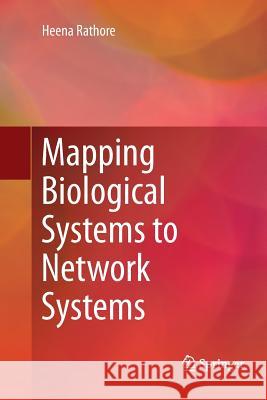Mapping Biological Systems to Network Systems » książka
topmenu
Mapping Biological Systems to Network Systems
ISBN-13: 9783319806525 / Angielski / Miękka / 2018 / 196 str.
Kategorie:
Kategorie BISAC:
Wydawca:
Springer
Język:
Angielski
ISBN-13:
9783319806525
Rok wydania:
2018
Wydanie:
Softcover Repri
Ilość stron:
196
Waga:
0.30 kg
Wymiary:
23.39 x 15.6 x 1.12
Oprawa:
Miękka
Wolumenów:
01
Dodatkowe informacje:
Wydanie ilustrowane











